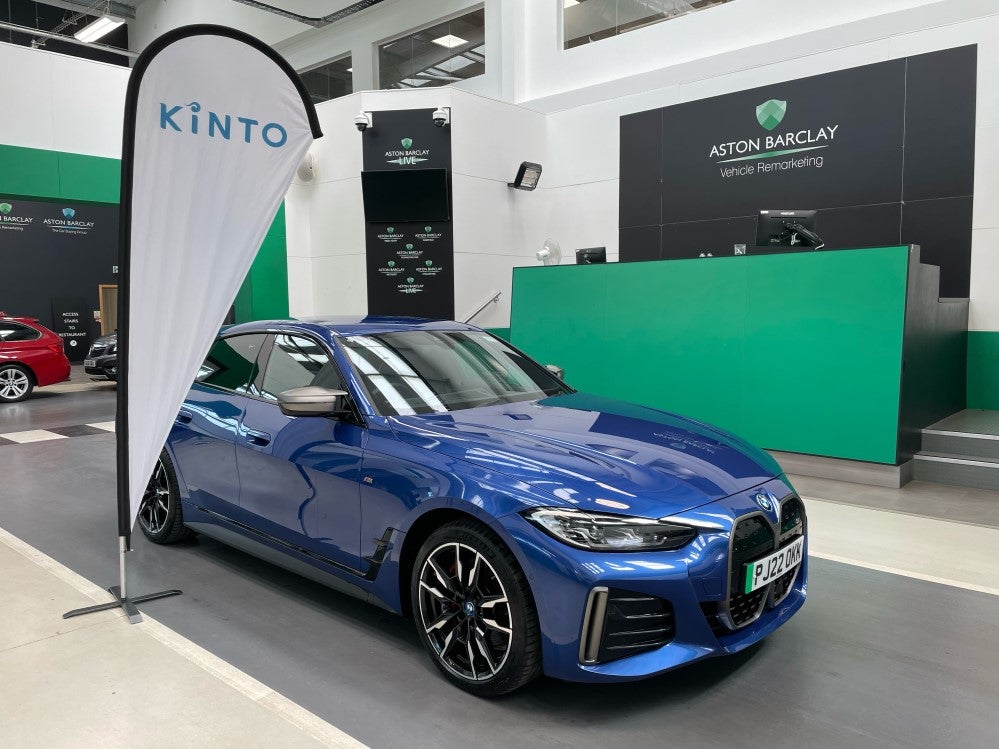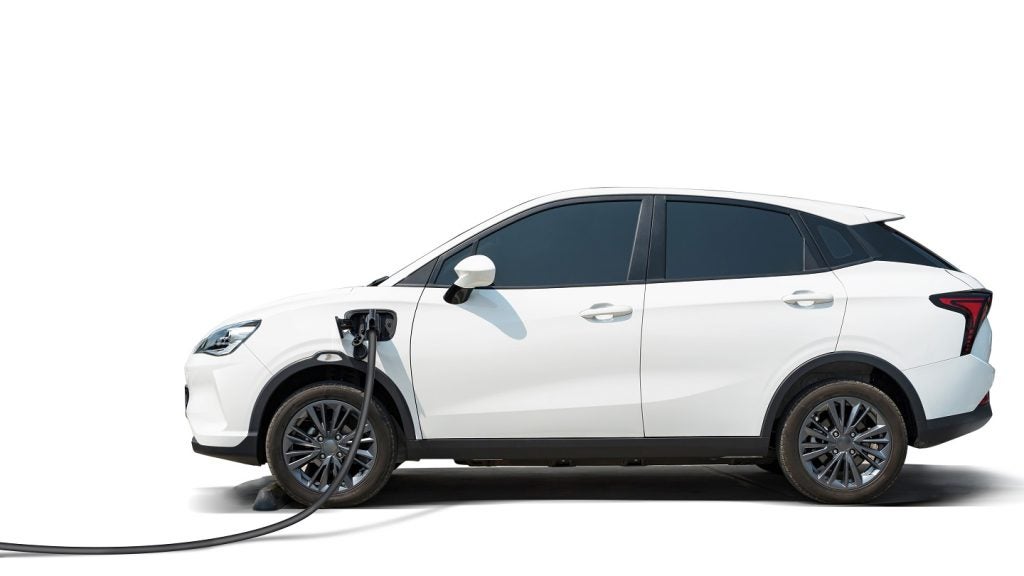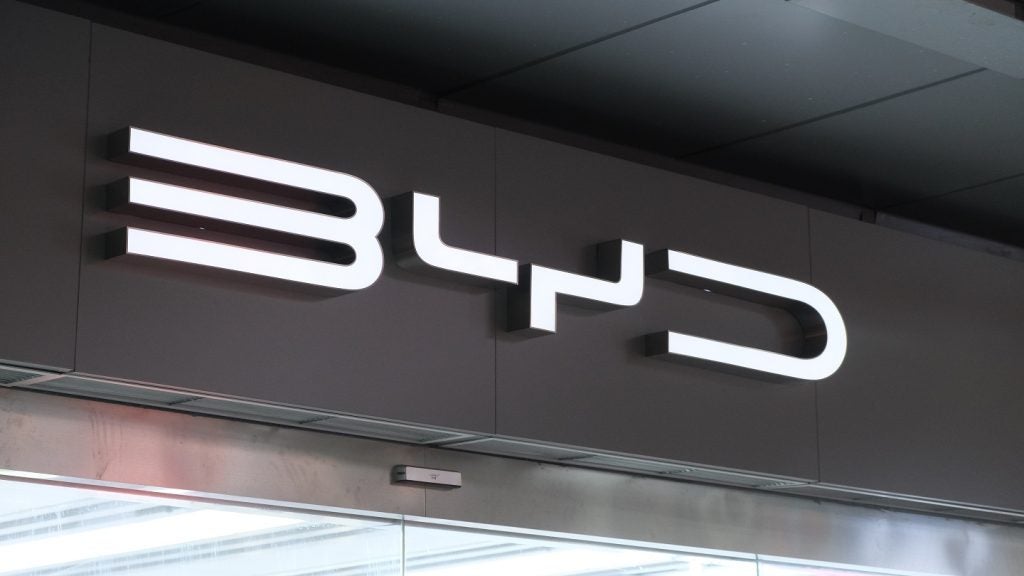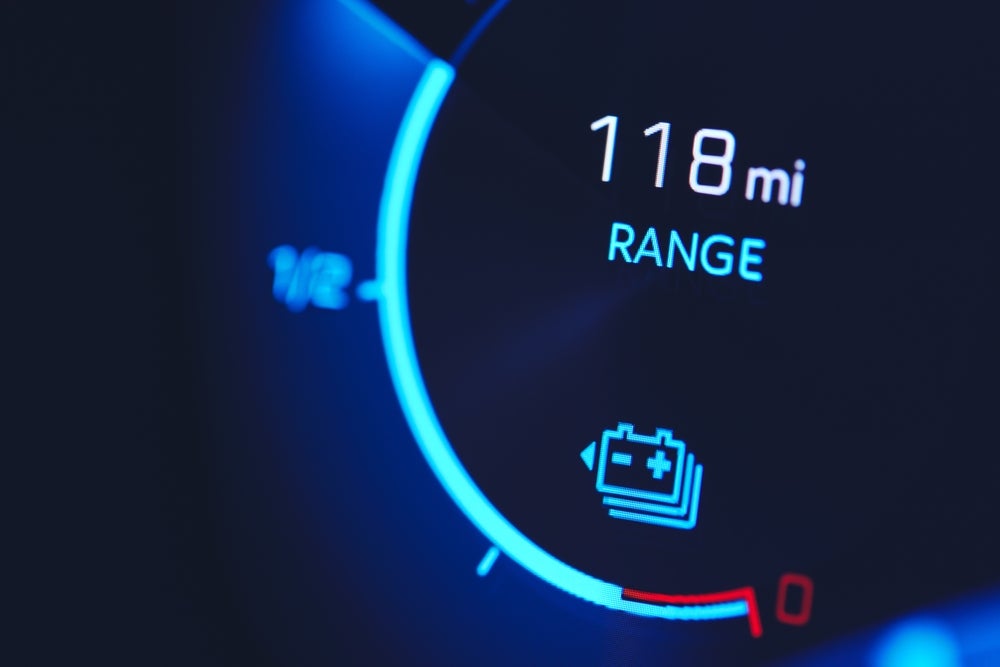
Eatron Technologies and About:Energy have been awarded funding from UKRI’s Faraday Battery Challenge to develop an AI-powered decision engine.
According to the companies, the engine delivers increased battery longevity, accelerates time-to-market, and cements the UK’s position as a global leader in AI-powered intelligent battery management systems.
Current battery management systems (BMS) rely on simple, empirical methods that sacrifice accuracy in return for reduced computational effort. Conventional AI-powered methods, meanwhile, remain challenging to integrate within the BMS due to their complexity, demanding training process, and the need for large volumes of input data.
The new project – dubbed aiMAGINE – brings together About:Energy’s high-fidelity electrochemical battery models that achieve rapid with Eatron’s AI-powered cloud platform. Combined they will deliver highly accurate assessments of state-of-charge (SoC), state-of-health (SoH) and patented remaining useful life (RUL) predictions.
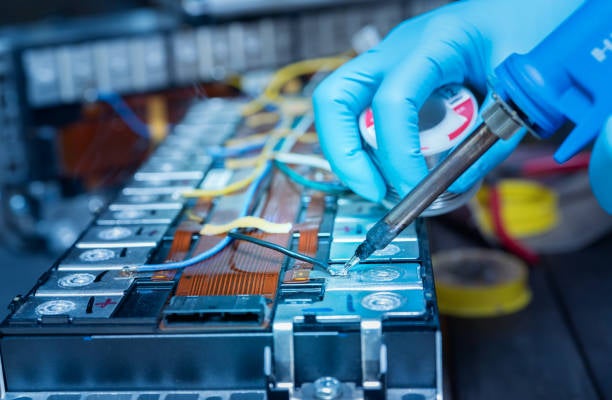
According to the statement, AI complements the electrochemical models, enhancing predictions by accounting for complex physical behaviours that cannot be modelled. As a result, the new AI-powered decision engine (AI-DE) will provide highly accurate operational parameters to the BMS, significantly increasing battery pack longevity and simplifying integration.
Dr Umut Genc, CEO of Eatron, said: “Implementing our novel AI-powered intelligent battery software layer with this revolutionary AI-DE can extend a battery pack’s first life by up to 20%”.
How well do you really know your competitors?
Access the most comprehensive Company Profiles on the market, powered by GlobalData. Save hours of research. Gain competitive edge.

Thank you!
Your download email will arrive shortly
Not ready to buy yet? Download a free sample
We are confident about the unique quality of our Company Profiles. However, we want you to make the most beneficial decision for your business, so we offer a free sample that you can download by submitting the below form
By GlobalData“This makes it possible for OEMs to design optimally-sized, more cost-effective battery packs, and this actively contributes to our sustainable e-mobility goals by reducing raw material consumption and CO2 emissions.”
Dr Kieran O’Regan, Co-Founder and COO of About:Energy, said. “The use of our advanced electrochemical models vastly streamlines AI model training, and this facilitates both ease of integration and a reduced time-to-market for OEMs and Tier 1s.”
“The high-fidelity modelling reduces the need for physical experiments while delivering a clearer, more accurate picture of battery health. Armed with this information, an AI-DE-equipped BMS can deliver not just a longer battery lifetime, but faster charging times, too.”
Eatron and About:Energy will capitalise on their existing relationships with OEMs and Tier 1 suppliers to develop the system for use in both 2- and 4-wheeled electric vehicles.
The two businesses collaboratively applied for the grant after sowing the seeds for a partnership at the Battery Technology Global Business Innovation Programme in Japan, where Innovate UK brought together some of the UK’s most promising innovators in the battery development and technology space.
The funding from UK Research and Innovation’s Faraday Battery Challenge, delivered by Innovate UK, is part of an £11 million package that aims to accelerate the development and commercialisation of battery technologies in the UK and support growth of the supply chain in the UK battery sector. It forms a key part of the UK Government’s net zero transport goals and supports job creation in AI technologies and increased consumer confidence in electric vehicles.



